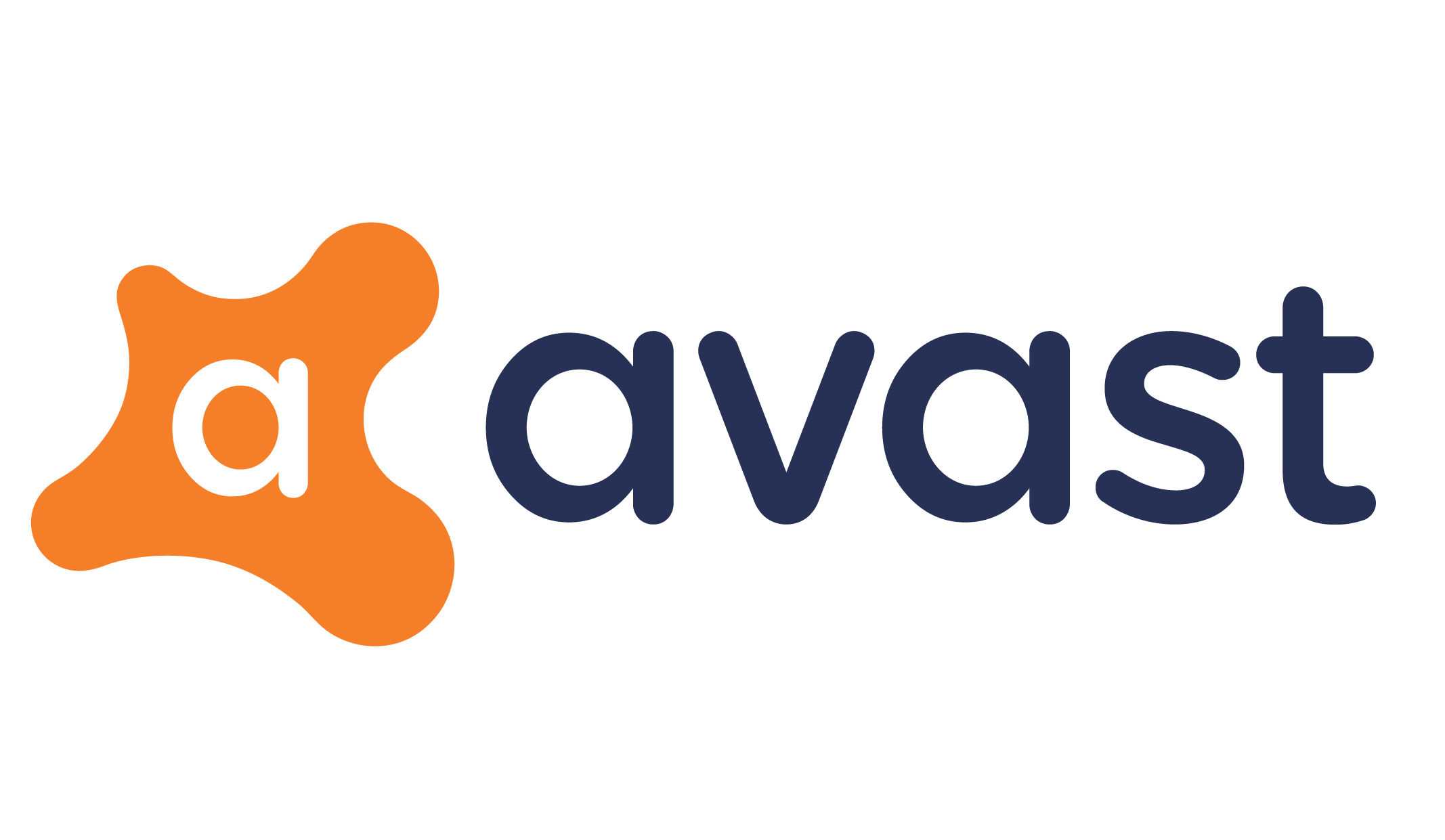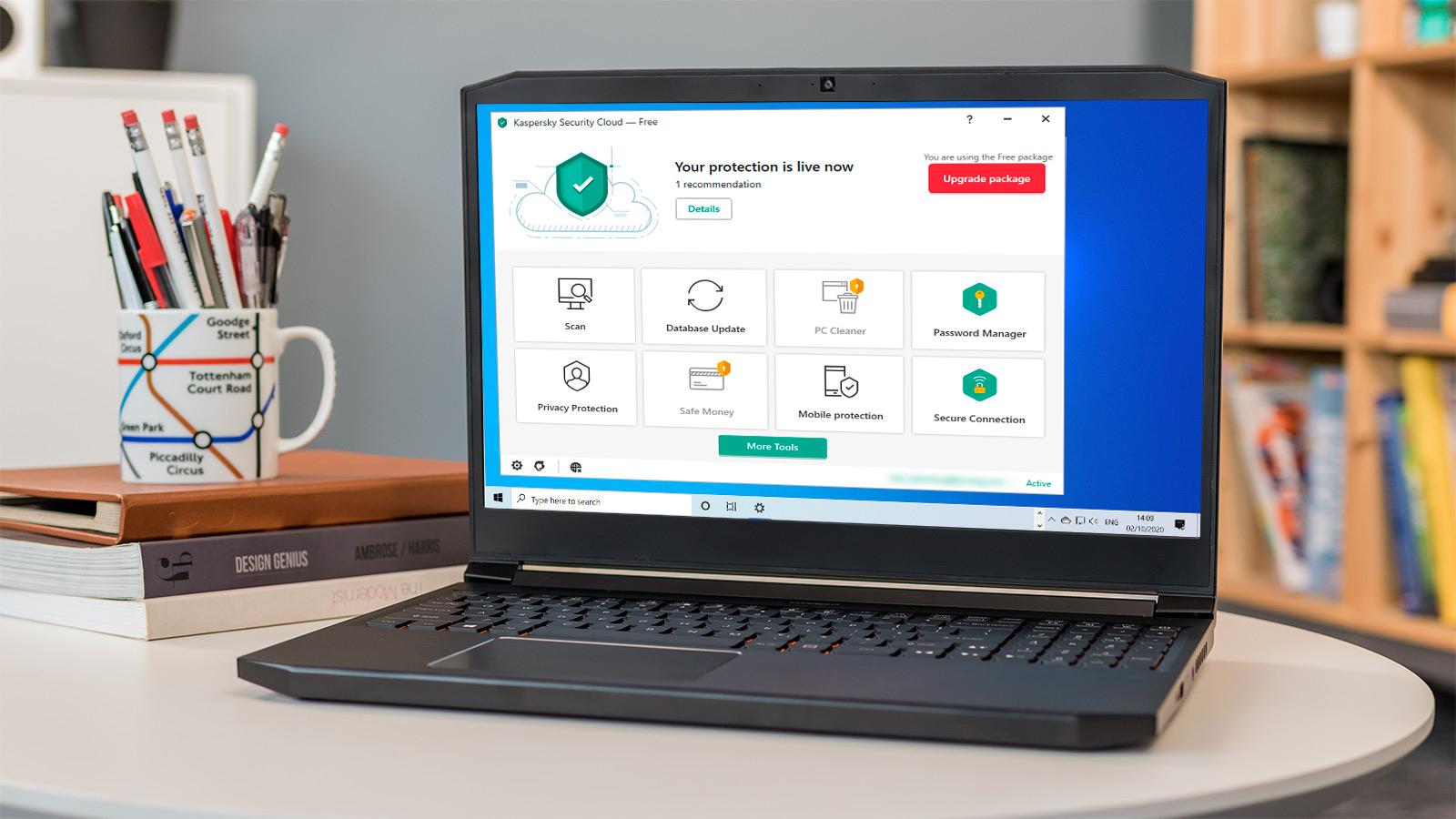We spend a lot of time looking at the best paid antivirus suites, but we don’t talk much about free antivirus solutions. Part of the reason is that the free versions are based on their paid counterparts.
If you see a paid version you like that offers a free alternative, you can safely assume the antivirus protection level is similar, save for any specific malware types the free version doesn’t cover.
To create this list of the top free AV programs we looked at the top mainstream antivirus suites for Windows 10 and selected the ones that offer a free version, as not all of them do. After that, we looked at how well these suites performed in third-party detection tests. We also made sure they weren’t resource hogs, because the last thing you want is a piece of free software slowing down your PC while running in the background.
In the end, our selection came down to these five antivirus suites.
1. Avast Free Antivirus

Pros
- Convenient Smart Scan
- Great basic protection
- Flexible features
Cons
- Frequent pop-ups & notifications
Avast One is a very highly rated antivirus program. With the free version of this suite you can run all the various virus scans. Most of the key Avast protections are also available, such as scanning new files added to your system, watching for malicious behavior from installed programs, a web browsing shield, and an email shield.
Avast Free even allows you to inspect your network and see the devices currently connected to your home router.
Avast Free uses a so-called smart scan to look for a variety of problems including browser threats, outdated apps, viruses and malware, and “Advanced issues” such as whether your webcam is protected from hijacking and the status of your firewall. The trick with those advanced issues, however, is that to supposedly fix them you need to start paying for the Avast One suite, which costs about about $50 per year for new subscribers.
What you don’t get for free is the phishing protection, the sandbox to separate suspicious files from your system, the Avast firewall, webcam shield, password protection, and a sensitive data shield. It does, however, provide basic ransomware protection.
Avast is surprisingly useful in its free version and is one of the most flexible options around. Yes, it can be a little annoying during installation—like trying to sneak a Google Chrome install on you, for instance—but that’s the kind of minor annoyance free software often comes with.
2. Kaspersky Security Cloud Free

Pros
- Excellent antivirus & ransomware protection
- Desktop & mobile apps available
Cons
- VPN is limited
- Lacking iOS features
Kaspersky is another highly rated antivirus with a good amount to offer in its free service. This free AV suite doesn’t try to install any extra software on the sly like Avast does. It will, however, ask you to create a Kaspersky account during installation and remind you to try a 30-day free trial of its premium services.
We had some issues installing Kaspersky with Microsoft’s Edge browser in late May 2021. Defender’s Smartscreen kicked in flagging Kaspersky Free as dangerous. It’s not clear why this happened.
Kaspersky Free supports the various scanning options you’d expect from paid suites, including full scans, scans of external devices, and the ability to schedule scans. Also part of the free package are Kaspersky’s password manager and Secure Connection VPN with a 300MB data usage limit per day.
What you don’t get are the privacy-protection features for preventing unauthorized use of your webcam; Safe Money, the sandboxed browser for financial transactions; PC Cleaner for clearing out old files; and any of the extra tools such as the software updater or network monitor. To see what you’re missing check out our review of Kaspersky Security Cloud.
Overall, however, Kaspersky offers solid protection for free, plus a few extras.
Free antivirus vs. paid AV: What do you sacrifice?
As you can see, there are several capable free AV programs for you to choose from. Still, we feel it’s important to point out what you don’t get when you opt for a free solution. Email protection, for example, is typically a paid feature—and something that people who are extremely active in a desktop email program might care about.
The same goes for phishing protection and other web threats. While some free antivirus suites offer minimal protection, the best protection against malware online comes from the paid versions of each suite. You can, however, minimize web threats with ad blockers and other security-minded browser add-ons.
Ransomware protection used to be exclusive to paid tiers, but these days many programs are offering some type of ransomware protection for free. It’s usually not as extensive and detailed as in the paid suites, but it does exist.
Also missing from the free suites are enhanced security features such as a sandboxed area for opening suspicious files, a sandboxed browser for shopping protection, an enhanced firewall, monitoring for malicious behavior from installed programs, and webcam monitors.
If, however, you’re only looking for basic antivirus protection that scans your PC and alerts you when there’s a problem, then one of these suites will do the job without costing you a cent.




